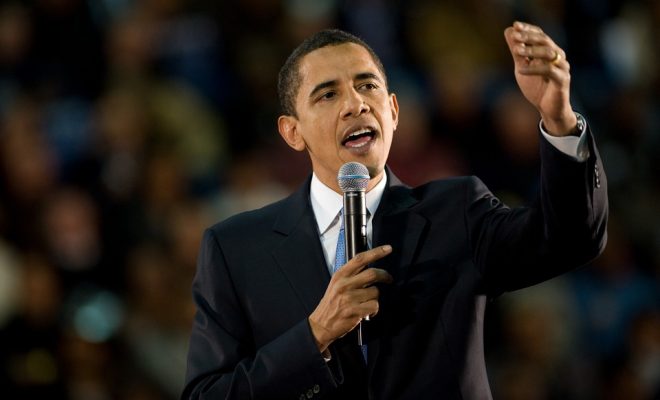Diverse Conversations: Building the largest diverse campus in the nation

The University of Central Florida may not immediately be associated with being the premier institution of higher education in its state, but that’s all part of its underdog appeal.
In the past two decades, the University of Central Florida has tripled its enrollment numbers to 63,000 students this fall, quietly becoming the largest undergraduate institution in the country. UCF has one of the most diverse college campuses, too. With community college partnerships, UCF boasts a thriving first-generation college alumni and is also expected to reach Hispanic Serving Institution status (at least 25 percent of the student population of Hispanic heritage) in the next few years.
Overall, UCF has a racial/ethnic minority enrollment of around 45 percent. I spoke with UCF’s Chief Diversity Officer Karen Morrison about the great strides this rapidly growing public university is making in the state of Florida, and beyond.
Question: How does being in a metropolitan setting influence diversity?
Answer: At UCF we like to talk about being “of the community” not just “in the community.” Orlando is very diverse and one of the fastest growing metropolitan areas in the U.S. That growing, changing community contributes to UCF’s diversity and effort to build an inclusive culture.
Q: How is UCF finding ways to make college affordable for minorities and other under-served populations?
A: We continue to hold our tuition and fees at very affordable rates and are listed in US News and World Report’s Top 50 most affordable in the nation. We have regional campuses that allow working students to pursue degrees in their own communities.
Q: How hard does the university work to bring in diverse populations?
A: UCF has grown to the largest undergraduate institution in the country by making college affordable, accessible and a rewarding experience. We have grown our student services for under-represented populations and developed pipeline programs in local schools to encourage minority students to pursue college and professional careers. We have a Veterans Resource Center, LGBTQ+ Center, Multicultural Academic Support program, and many other initiatives to help students achieve their collegiate goals.
Q: What minority mentorship programs are in place at UCF?
A: There are many – some are college based, some offered by the Student Development and Enrollment Services Division, and one offered by our office called Legacy. Here are a few of those programs and their descriptions:
- First Generation Program – This program assist first generation students by providing guidance and resources to promote their self-esteem, confidence and academic achievement at the University.
- Brother to Brother Program – B2B is intended to increase the retention and graduation rates of multicultural and first generation males at UCF. Workshops, rap-sessions and social events are planned in order to help this population become academically successful.
- Multicultural Transfer Program – Multicultural Transfer Students with a healthy entry to university life, where they can take advantage of opportunities to network and learn strategies that will help alleviate the cultural stress of acclimating to a new environment.
- Knight Alliance Network – Provides Foster Care alumni students with a healthy transition to become successful students here at UCF. This program will demystify the college experience, assist you with navigating through the university landscape, and help you prepare to succeed here at UCF and anywhere thereafter.
- College Prep Day – College Prep Day is a day dedicated to helping Multicultural and/or First Generation students better understand the steps necessary for admission into a college or university.
Q: Talk about the importance of diverse faculty members at UCF.
A: Under our new Provost we have established programs to specifically recruit minority faculty and we have just instituted a cluster faculty program that encourages interdisciplinary teams and hires. Last year UCF hired some 200 faculty and we are working to hire another 200 this year. The Provost’s office offers hiring incentives by paying the first few years’ costs of a minority faculty hire.
I’d like to thank Ms. Morrison for her time and for giving more insight on the ways diversity is helping the lives of students and faculty at the University of Central Florida. I look forward to the many great things this university will continue to do in coming years.



